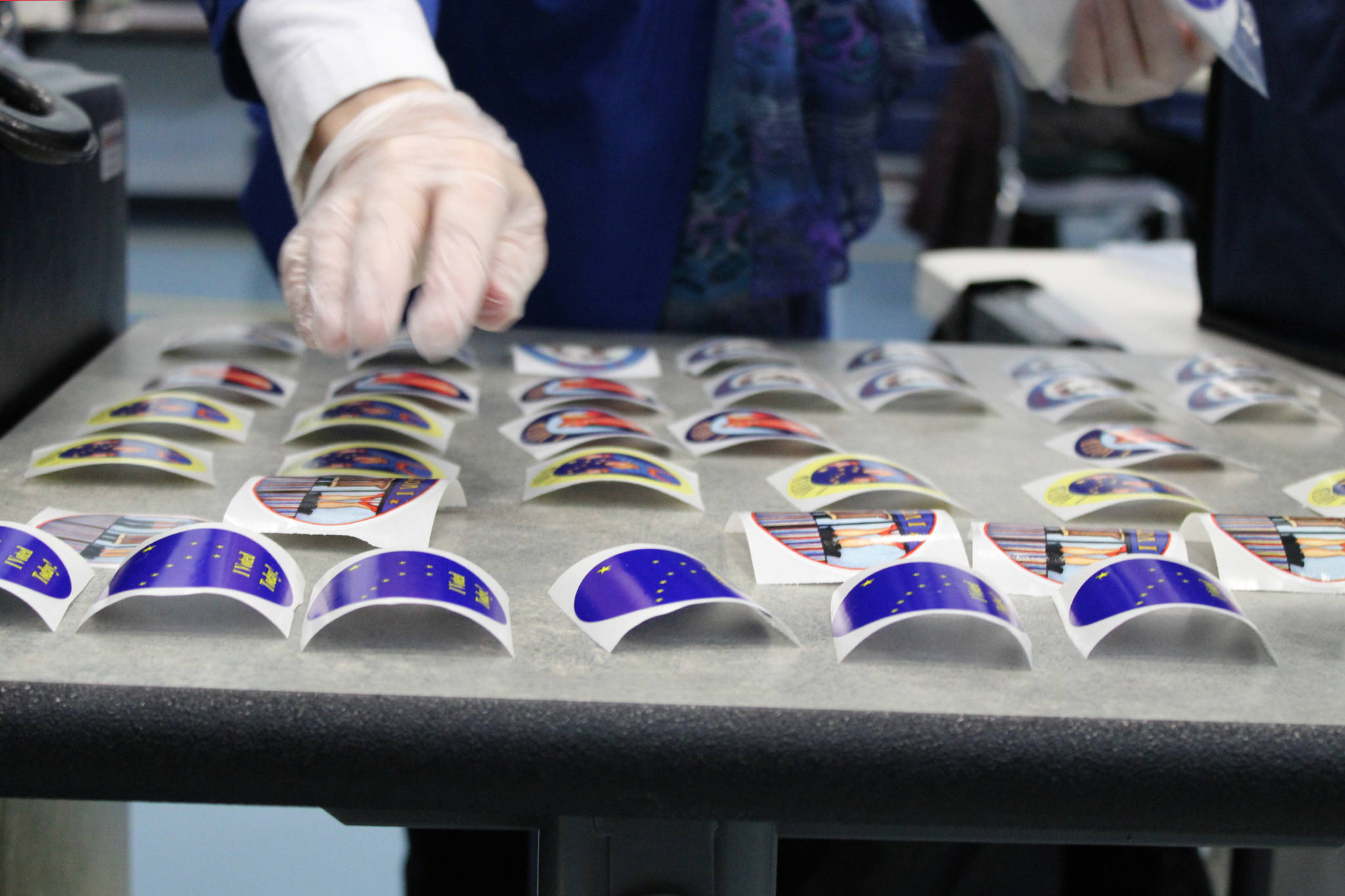By BECKY BOHRER
Associated Press
Republican Lt. Gov. Kevin Meyer said he plans to seek an audit of votes cast on a statewide ballot initiative to help put to rest questions some have raised about the “validity” of election results tied to the vote tabulation equipment the state uses.
Meyer, who oversees elections in Alaska, said the state is charged with conducting a “fair and honest election, and I believe we’ve done that.”
Meyer said the only reason he’s seeking an audit is because “so many people think our Dominion machines are faulty, corrupt and easily manipulated, and I think a lot of this is misinformation that’s coming from the national level.”
President Donald Trump and some supporters have sought to sow doubt in the results of his race by attacking Dominion Voting Systems, one of the largest voting technology providers in the U.S., despite no evidence of any serious irregularities.
Alaska has used the company for years and got new Dominion machines it used for the first time in this year’s primary election, Meyer said.
[Almost all races called, but results not yet certified]
His chief of staff, Josh Applebee, said it was “perfectly reasonable, considering the fact that this is new equipment, to do the audit, to verify the accuracy of them.”
Meyer said the machines proved accurate during the primary.
The issue Meyer said his office is hearing about most following the Nov. 3 general election is Ballot Measure 2, which voters narrowly approved. That measure will be the subject of the audit.
The initiative would do away with party primaries and institute ranked choice voting in general elections. Some people say they don’t understand how it could go from trailing on election night to being on top, Meyer said.
Election officials, ahead of the general election, sought to tamp down expectations about election night results, which did not include the large number of absentee, early and other ballots that officials did not begin counting until Nov. 10. Some campaigns and others encouraged early or absentee voting amid the coronavirus pandemic.
The audit would not change any votes and would occur after results are certified, Meyer said. He did not have an estimate for what it would cost. He said he surmised a bipartisan state review board would do the hand count after it completes its other election duties.
More than 340,000 ballots were cast on the initiative. Unofficial results showed the measure passing with 50.55% of the vote, compared to 49.45%.
Meyer said he thinks the ballot measure passed “fair and square. But we have to be able to convince and prove to all Alaskans that not only did that pass fair and square but the whole election process was done fairly, accurately and lawfully.”
Scott Kendall, a drafter of the initiative and an attorney for the initiative sponsors, said his guess is that Ballot Measure 2 was picked “because they’re getting an earful that people don’t like the results.”
He said in Alaska there’s “literally zero evidence that anything went wrong.” Kendall said it’s ironic there are some people “who love certain results on the ballot but don’t like other results. Yeah, you don’t get to pick and choose. But I can understand the school of thought that says, there’s nothing wrong, let’s show them.”

